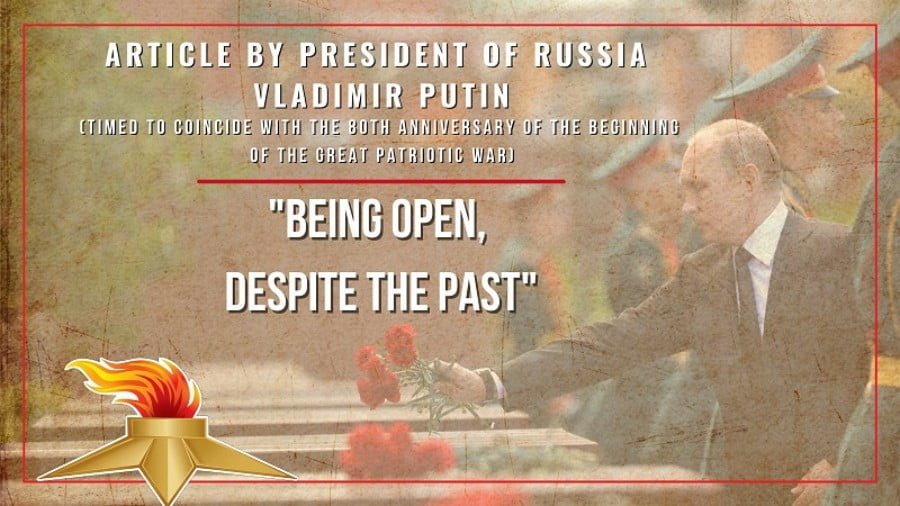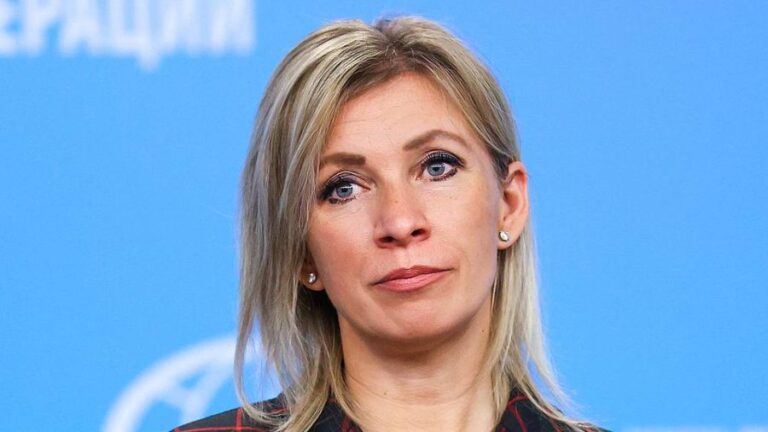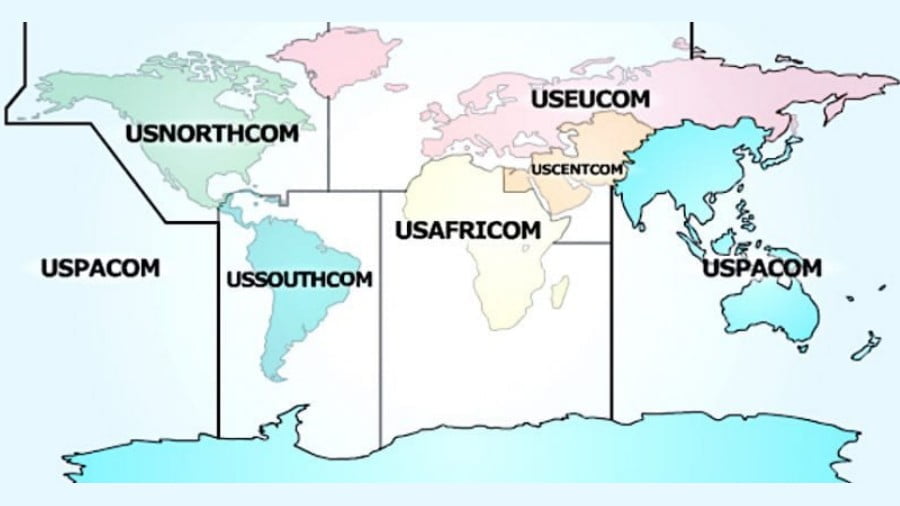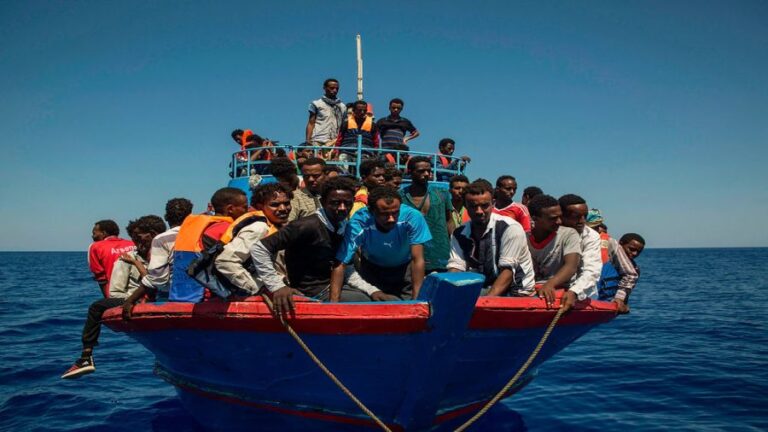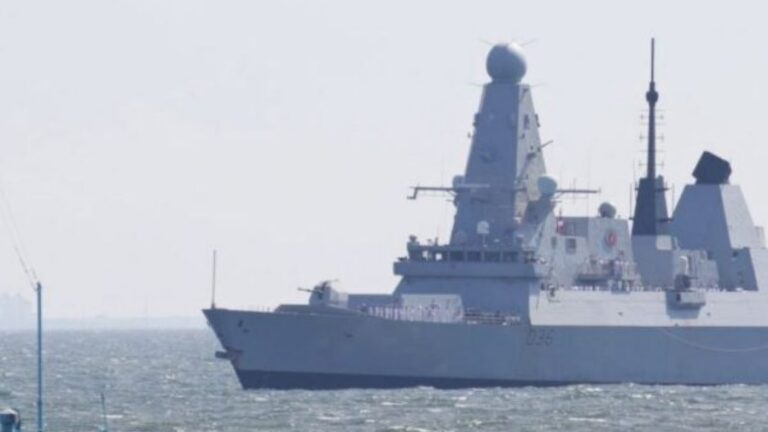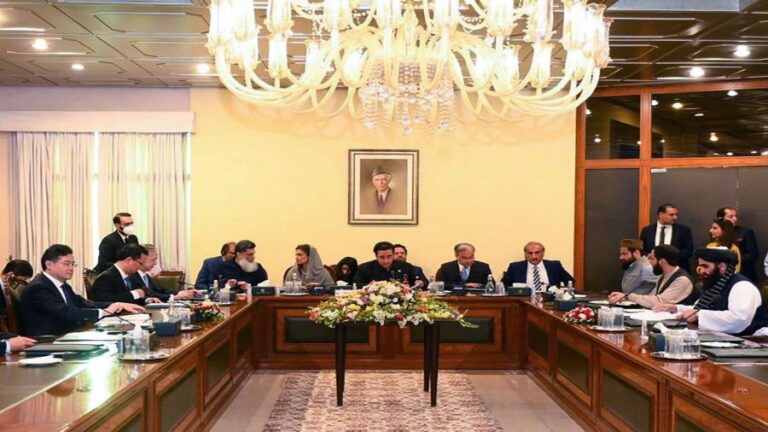Putin Wants Peace & Prosperity for Europe, Not Pandemonium & Problems
President Putin’s article for German media that was published on the 80th anniversary of Nazi Germany’s invasion of the Soviet Union debunks the Mainstream Media’s lies that the Russian leader wants pandemonium and problems for Europe since he very convincingly proved that all he’s interested in is peace and prosperity.
President Putin has been maliciously misportrayed by the Western Mainstream Media as an evil genius who’s obsessed with sowing pandemonium and problems across the world, especially in Europe. The truth, as could be expected, is the exact opposite. The Russian leader is simply a pragmatic moderate who harbors no “revolutionary” designs for better or for worse, and simply believes in adhering to the traditional vision of International Relations articulated by the UN Charter. It’s very rare that he’s able to speak directly to those who’ve been misled by the Mainstream Media into believing all sorts of fake news about him and his country’s alleged intentions, but that’s precisely what he did earlier this week in an article for German media.
Published on the 80th anniversary of Nazi Germany’s invasion of the Soviet Union, his piece about “Being Open, Despite The Past” deserves to be read by all because it debunks the misperceptions that have been propagated about Russia and especially its leader in recent years. President Putin very convincingly wrote about his desire to restore his country’s comprehensive partnership with Europe for the betterment of both of their people. He paid special attention to how the historic Russian-German reconciliation after World War II and subsequent energy cooperation during the height of the Old Cold War in 1970 helped lay the political basis for modern-day Europe.
He also wrote quite positively about what he sconsiders their shared vision of a Europe stretching from Lisbon to Vladivostok and reaffirmed Russia’s civilizational and historical ties to it. In essence, he was reiterating his vision for a Greater Eurasian Partnership though with particular emphasis paid to the European dimension due to his target audience in the bloc’s de facto leader. The only two obstacles in the way of achieving this mutually beneficial dream are NATO’s aggressive military expansion towards Russia’s borders and the artificial zero-sum choice that was forced upon some countries like Ukraine to choose between Europe and Russia. If Russia-NATO ties de-escalate and the EU behaves more pragmatically towards third countries, a breakthrough might happen.
That, however, clearly requires considerable political will but thankfully the latest developments indicate that it’s finally present on part of the European side. French President Macron and German Chancellor Merkel want to invite President Putin to attend a summit of European leaders later this summer, though some countries like Poland fiercely oppose this proposal. If it happens, though, then it might end up being one of the first major outcomes of last week’s Geneva Summit which sought to de-escalate Russian-US tensions. It’s also interesting that this was reported the day after President Putin’s article that he wrote for the European audience, which suggests a sequence of events connecting Geneva, his article, and the Franco-German summit proposal.
Nobody should be under any illusions though that progress would happen at the expense of Russian-Chinese relations. There is no credible scenario wherein these two Great Powers would revert to the fierce competition that characterized their ties for many years during the Old Cold War. Neither regards International Relations as being a zero-sum game but a win-win one. Improved Russian-EU relations would actually benefit China too by making the Eurasian Land Bridge more viable than it presently is considering the ongoing sanctions regime against Moscow. That outcome would advance China’s vision for a Community of Common Destiny between itself, Russia’s Eurasian Economic Union, and the EU, thereby greatly stabilizing the supercontinent.
Europeans, both average folks and political officials alike, should therefore seriously contemplate the proposals contained in President Putin’s latest article for German media. They should realize that he’s being totally sincere and doing his utmost to articulate his country’s grand strategic vision. This doesn’t concern sowing pandemonium and problems across Europe like the Mainstream Media falsely claimed for years, but is all about ensuring peace and prosperity for their people. That mutually beneficial outcome can only occur if the EU finally musters the political will to move past it’s presently difficult era of relations with Russia and restore their comprehensive partnership in order to establish a Greater Europe from Lisbon to Vladivostok.

